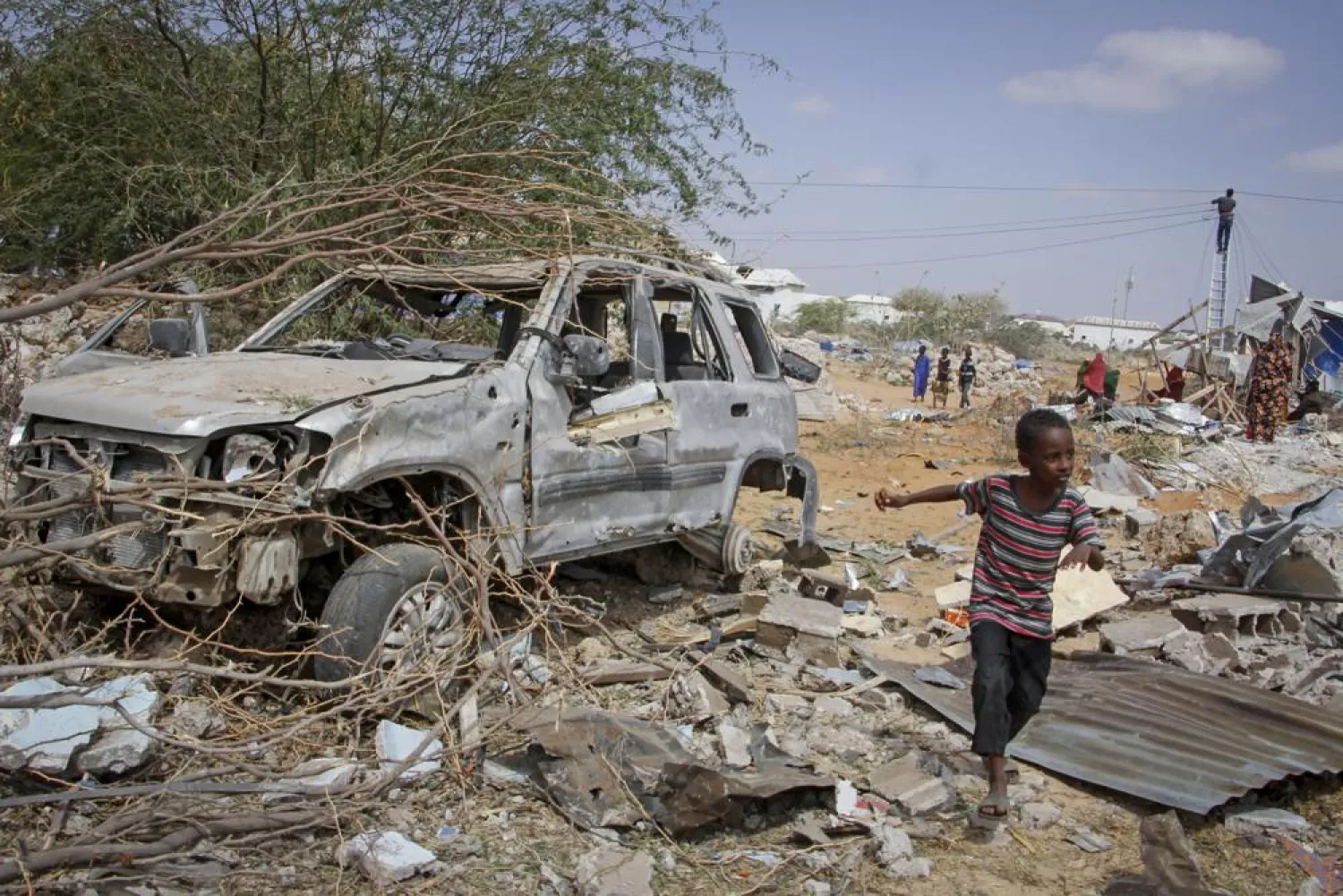A prominent Somali woman lawmaker is among at least 15 people killed in a suicide bombing that hit a polling station in rural central Somalia, police said Thursday.
The attack took place late Wednesday in the town of Beledweyne, the capital of Somalia's Hiran region.
Among its victims was opposition lawmaker Amina Mohamed Abdi, an outspoken government critic who was campaigning to retain her seat in the National Assembly.
Al-Shabab, Somalia's extremist rebel group, claimed responsibility for the attack. The 15 people killed were “mostly civilians” and the attack wounded “an unspecific number" of people, police officer Ahmed Hassan told AP by phone.
“I was at a walking distance to the polling station when a suicide bomber rushed towards the member of parliament Amina and embraced her and blew himself up," eyewitness Dhaqane Hassan said. “Shots were fired in the air by the soldiers who seemed shocked, but unfortunately she instantly died at the scene.”
Abdi, the legislator killed at a polling station, was in Beledweyne campaigning for re-election in a vote expected to take place this week.
“Somalia has lost a promising giant leader, an activist, a fearless advocate who finally paid the ultimate price for seeking justice for Ikram Tahlil," said lawmaker Abdirizak Mohamed, speaking of a female intelligence officer whose killing Abdi had been trying to investigate.
President Mohamed Abdullahi Mohamed and Prime Minister Mohamed Hussein Roble condemned the attack.
Two other extremist attacks occurred in Beledweyne Wednesday, killing former lawmaker Hassan Dhuhul, a traditional elder and civilians sitting outside a busy restaurant, police said. No more details were immediately available on those attacks.
The attacks in Beledweyne came hours after an attack in the capital, Mogadishu, in which two al-Shabab gunmen tried to force their way into the international airport in the capital.
Somali forces and African Union peacekeepers said they ended that assault by killing both the attackers. At least six people were killed in that attack, including at least one African Union peacekeeper, according to police. Authorities did not reveal the identities of the victims.









